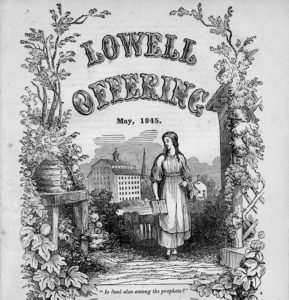When I first began this fellowship I had hoped that this post would be one of celebration, one that highlighted the fact that I was finished with my Omeka project. Unfortunately that is not the case. I’m not finished, and I’m a little disappointed that I didn’t reach my initial goal. I started with the idea of finishing the 650 object entries, filling in the nearly 40 different fields in a basic entry, and nearly 60 in a longer entry. My first mistake was I underestimated how long this would take. In the video walkthrough I have provided, I went through a typical entry, and this took, even as a recap, nearly 8 minutes for an entry. On average each entry took between 5-10 minutes. This adds up, and likely contributed to me getting further behind than I anticipated.
Video Walkthrough: http://www.youtube.com/watch?v=BCGu77h9_KY
The second mistake was that I did not expect the nearly 300-400 additional objects I’d have to catalogue in addition to my original entries. Apparently, when I first made my list of objects I neglected these additional entries, or they have been added to the Louvre since my initial list. I expected a few entries to be added since I had to manually go through nearly 31,000 objects in the Louvre catalogue, which I did again at the start of the project. This time I also didn’t consider as part of the project and should have. The other thing I did, that likely contributed to me not getting as far into the project as I had anticipated was related to the fact that I spent a considerable amount of time going initially going through the entries and making their accession numbers were tagged to facilitate easier checking off of the entries off my list. I completed this within the first couple weeks of the summer, thinking I’d prepared myself for what was to come. It took time, but it was necessary and worth the extra time in the end as it took only a few seconds to see if I had already entered the various objects.
I made great progress considering all of this, but I still have a lot of work to do to finish, especially when it comes to the entries regarding tablets which I saved for last because of their lengthy and specific answers, some of which I will have to look at special databases for. Considering I completed almost all other entries, this is huge progress, even if some of the blanks can only be filled after further research. I’m happy with the progress that was made, the amount of work I put into this project was substantial and should not be discounted. Often the field forgets about data entry processes, and the time and energy it takes to complete these as part of a digital project. I surely underestimated the time so I imagine many people do. But it’s important work that needs to be done, and unfortunate as it is that it isn’t all fun and games, I did get a better handle on my objects and the collection as a whole.








